3.3 How to move from focus sessions to flow sessions
- Recap of the Eudaimonia machine
- Troubled by motivation
- What is flow?
- Conditions for flow
- Psychic entropy as the natural state of our mind
- Overcoming psychic entropy
Recap of the Eudaimonia machine
In the previous section in this series, I described some techniques for deep work from Cal Newport. Although he provided a variety of techniques, they all boil down to setting aside time to focus on hard problems for a long period of time.
Among the techniques described, what stood out most to me was Newport’s summary of David Dewane and his Eudaimonia machine. The “machine” is an architectural design based on chambers that become increasingly isolated for deep work. Newport explains:
He [Dewane] imagines a process in which you spend ninety minutes inside [an inner room in the building, like a thought sanctuary], take a ninety-minute break, and repeat two or three times—at which point your brain will have achieved its limit of concentration for the day (97).
The basic idea is that you retreat into one of these inner chambers for 90 minutes of focus time to do deep work.
To put some of these 90-minute focus sessions to the test, I decided to carve out three sessions a day working exclusively on a large documentation project that detailed an end-to-end workflow spanning at least 20 different services (a genre we called “Life of a [something]” narratives). This was a project our team had been meeting about for 7 months, with endless planning and discussion. It was finally time to write. With a light meeting week, I focused all my energy on the project, using 90-minute focus sessions during which I avoided interruption or distraction.
At the end of the week, I had a draft of 6,000 words. The next two weeks I spent shaping that draft based on successive proofreading and reviewer feedback. But these subsequent weeks were much less taxing than the initial week I generated the first draft. Writing the first draft of anything is the most challenging part of writing. Proofreading, editing, responding to reviewer comments, etc., doesn’t require as much mental effort.
I was so proud to complete a project we had discussed endlessly. It made me realize what I could accomplish, how much I could actually write if I just set a timer for 90 minutes and did that task and nothing else. (I wrote about this experience here: idbwrtng.com/trends-writinglifeofasomething). My productivity got another writer’s wheels in motion as well, and about a month later she finished too. This was the first time I wondered what I could accomplish if I adopted these 90-minute focus sessions regularly. Strangely, even though three 90-minute sessions is only 4.5 hours, it seemed to consume my entire work day.
Troubled by motivation
I was floored by the productivity of the focus sessions, but something troubled me. They drained me in ways that demotivated me a bit. I looked at the next focus session like a begrudging sailor preparing to leave his family and go out to sea. I found it strenuous to focus on a single task for 90 minutes.
During these 90 minutes, to generate a state of flow, I tried not to check my email, chat, or Internet sites (news, sports, etc.). In other words, I tried to reduce all external stimuli. I wasn’t always successful at tuning out the world. I probably check my email 50+ times a day, if I’m being honest. But during the focus sessions, that number was reduced to just a couple of times, if at all.
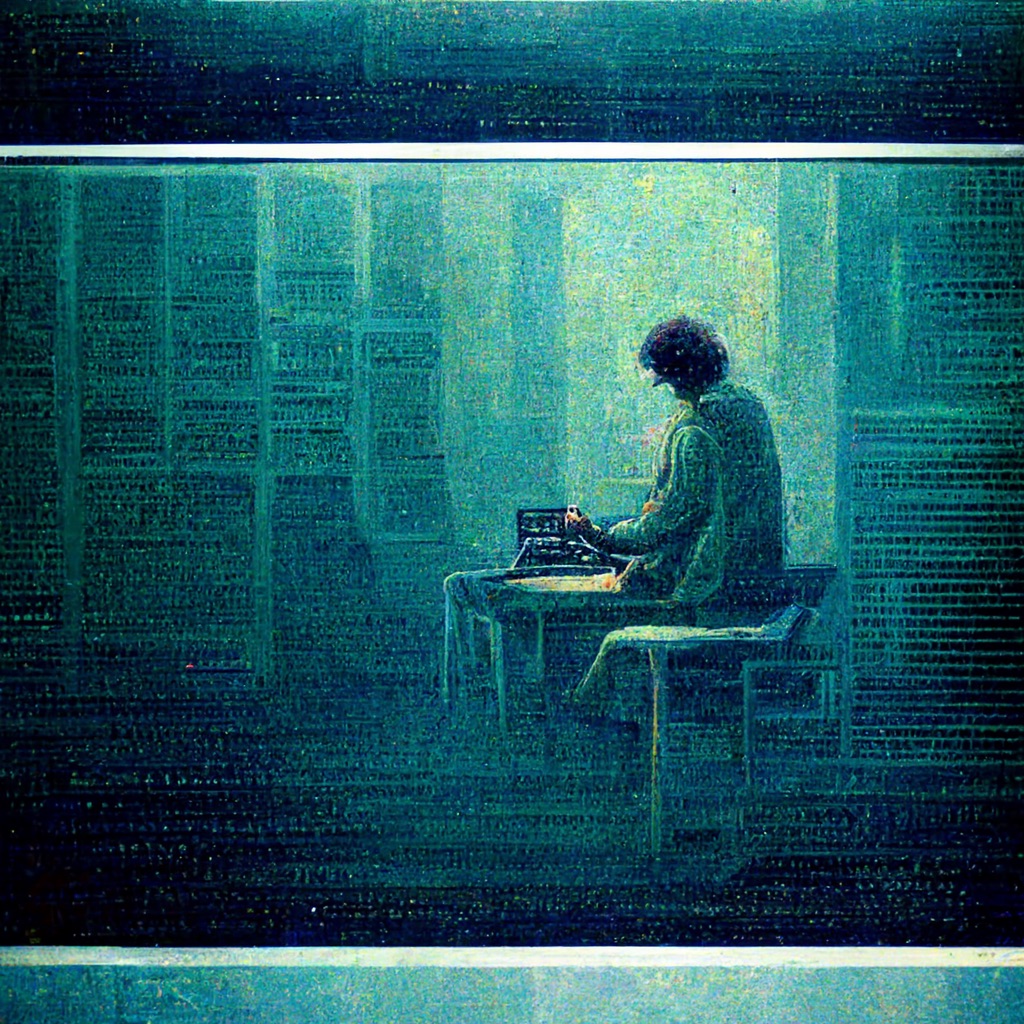
External stimuli disrupt the flow and context you generate from focused immersion in a task. When you write, you have many ideas and organizational structures in your head. If you switch contexts, those thoughts and patterns fade, making it harder to do anything. Thus, the whole point of doing a single task for 90 minutes is to get to a certain productive velocity without being sidetracked by another task.
To avoid being pulled into other tasks, if I thought of something I wanted to do, I’d write the tasks on a piece of paper to attend to later. It was amazing how, just as soon as I started working on a task, my brain thought of half a dozen easier things to do. Order that thing on Amazon you need. Schedule that doctor’s appointment. Respond to that message on LinkedIn. Without strong discipline, it was easy to be pulled into light tasks and errands.
I stayed on track using a Focus app countdown timer to monitor my time. But as I said, these techniques made writing less fun. I normally enjoy writing, especially idea formation and content development, but these 90-minute focus sessions turned the activity into a slog. Yet they produced results (6,000 words in a week!), and I loved the results. Everyone loves having written, as many writers say. So I was mixed.
Newport doesn’t address the motivation issue I encountered, other than to say that focusing on deep work yields a more satisfying life. He praises deep thinking and prolonged focus, and he acknowledges that it’s challenging to do deep work, but he doesn’t explain that focusing on a single task for so long can be like pounding your head against a blank wall. I knew that unless I could convert these focus sessions into a more enjoyable experience, writing wouldn’t be something I could sustain. We do those activities we enjoy. And even with the productivity gains from the activity, I feared what might happen if the technique discouraged me from writing more.
With the need to inject more fun into the focus sessions, I started reading Flow: The Psychology of Optimal Experience by Mihaly Csikszentmihalyi, a Hungarian-American psychologist. (“Csikszentmihalyi” is pronounced “Chick-sent-me-high.”) The book, a classic, was originally published in 1990.
What is flow?
Flow is a psychological state in which you get so deeply engrossed in a task that you lose all sense of time. External stimuli (outside your task) fade into unimportance as your current activity becomes all-consuming. Csikszentmihalyi says flow is “the state in which people are so involved in an activity that nothing else seems to matter; the experience itself is so enjoyable that people will do it even at great cost, for the sheer sake of doing it” (4).
This mental state is what I wanted to achieve with the 90-minute focus sessions. However, in my experience, I did not lose track of time nor become so engrossed in the activity that external stimuli faded. (If I did, it was only for brief stretches.)
How could I tweak these ninety-minute sessions to induce more flow? That seemed like the magic formula, because not only would I have the ultimate productivity technique, it wouldn’t come at a huge mental cost. Essentially I’d show up to work, and before I knew it, the day would be over.
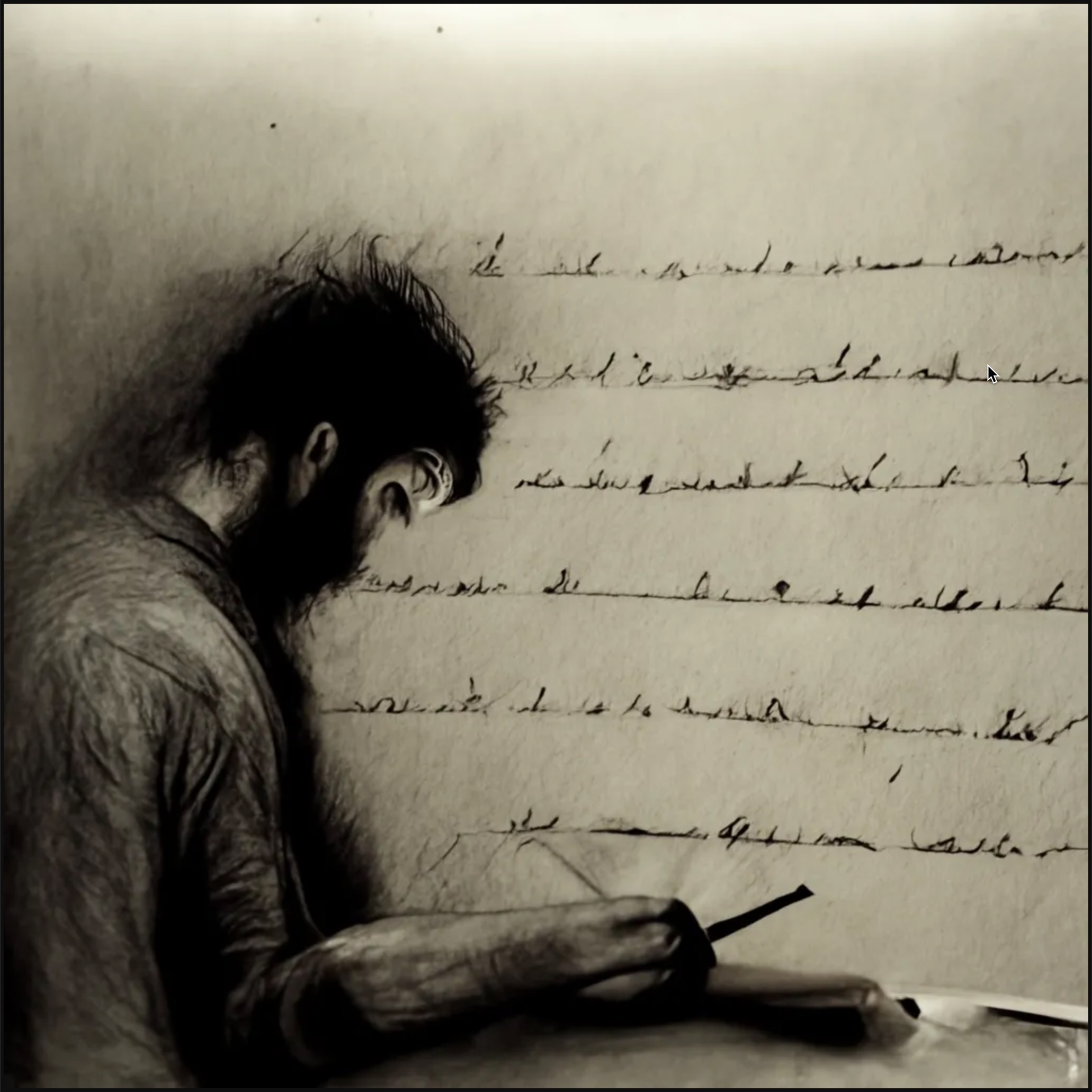
Conditions for flow
Csikszentmihalyi talks extensively about flow conditions. The most common examples of activities that generate flow include sports, music, dancing, sex, and religious experience. However, people can achieve flow through virtually any activity that they pay careful attention to, such as observing art, eating, or looking at landscapes.
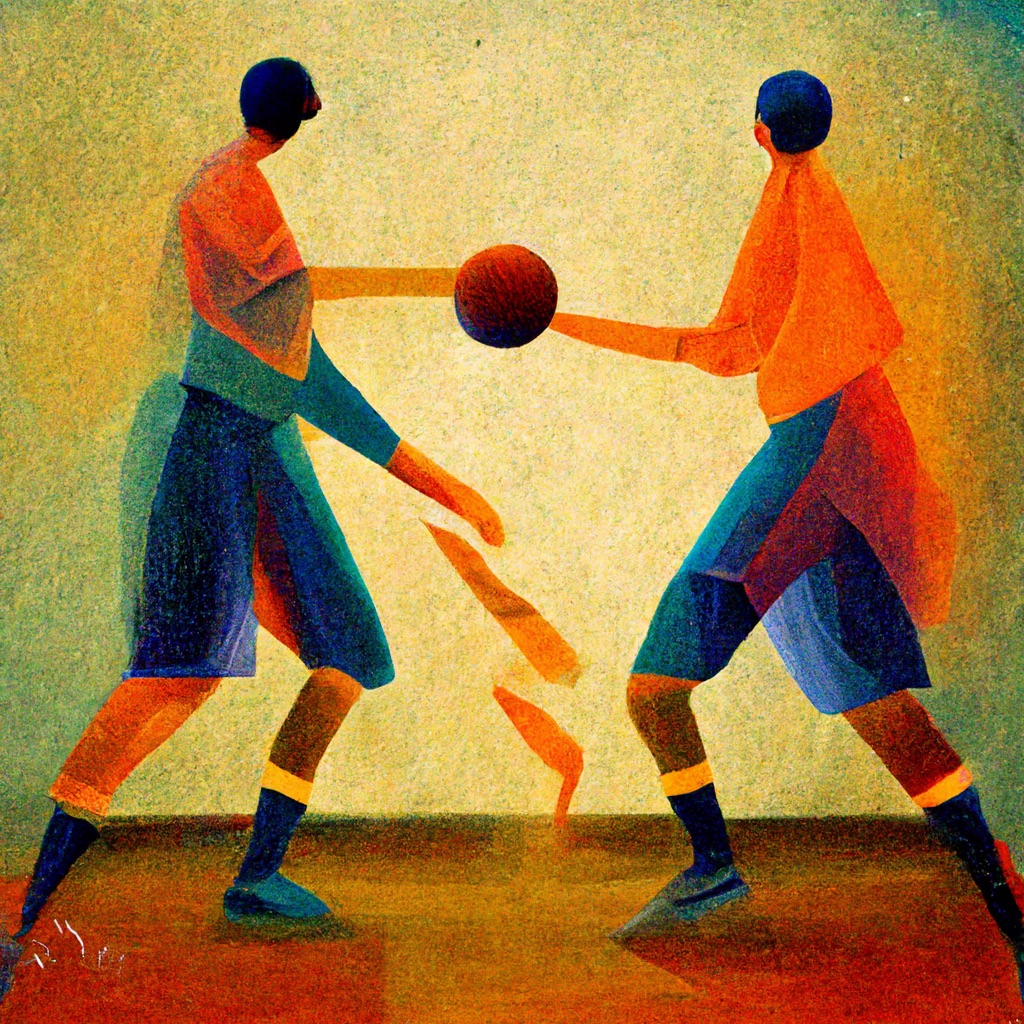
But before getting into the conditions of flow, let me take a step back and unpack the larger psychology takeaways from Csikszentmihalyi. Flow isn’t a productivity book; it’s a theory about how to achieve more life meaning and satisfaction. Csikszentmihalyi first started thinking about the topic after observing the psychological impact on Europeans during WWII (Steimer). Csikszentmihalyi also recounts an experience as a boy in which he watched the mountain landscape during a trip. He became lost in the experience, and observed how this experience changed his mental state (Bodnar).
Later, as a researcher, to study the psychological states of people working at their optimum levels, Csikszentmihalyi equipped a large number of people with pagers and pinged them periodically throughout the day to capture their mental state about what they were doing and how they felt. He then identified common patterns during peak times and started to develop the idea of flow.
Psychic entropy as the natural state of our mind
Csikszentmihalyi says our normal mental state is one of disorder and random/scattered/fragmented thinking—what he calls “psychic entropy.” Csikszentmihalyi writes:
But when we are left alone, with no demands on attention, the basic disorder of the mind reveals itself. With nothing to do, it begins to follow random patterns, usually stopping to consider something painful or disturbing. Unless a person knows how to give order to his or her thoughts, attention will be attracted to whatever is most problematic at the moment: it will focus on some real or imaginary pain, on recent grudges or long-term frustrations. Entropy is the normal state of consciousness—a condition that is neither useful nor enjoyable. (119-20)
I could relate to this. When I tried to fall asleep at night, my mind naturally wandered and gravitated toward things I was worried about or preoccupied with. Upcoming presentations, college applications for my kids, family health issues, a new bike trail to explore, etc. It didn’t take much to get my mind stirred around different topics. Consequently, at night I usually either listened to a podcast to give my mind some focus until I fell asleep, or watched TV until I got so tired that I fell asleep right after turning it off. Focusing on any specific topic for an extended period of time usually tired me out, whereas the pattern of wandering down rabbit hole after rabbit hole in the mind seemed easier (and kept me awake), but it wasn’t pleasing.
I noticed the same mental chaos in the morning, as I arose from sleep. By the time I woke up, I could tell that my brain had been bouncing around different themes actively, thinking below my consciousness. My mind wasn’t turned off at night. It was a chaotic world there sometimes. So yes, from my own experience, psychic entropy described the natural state of the mind.
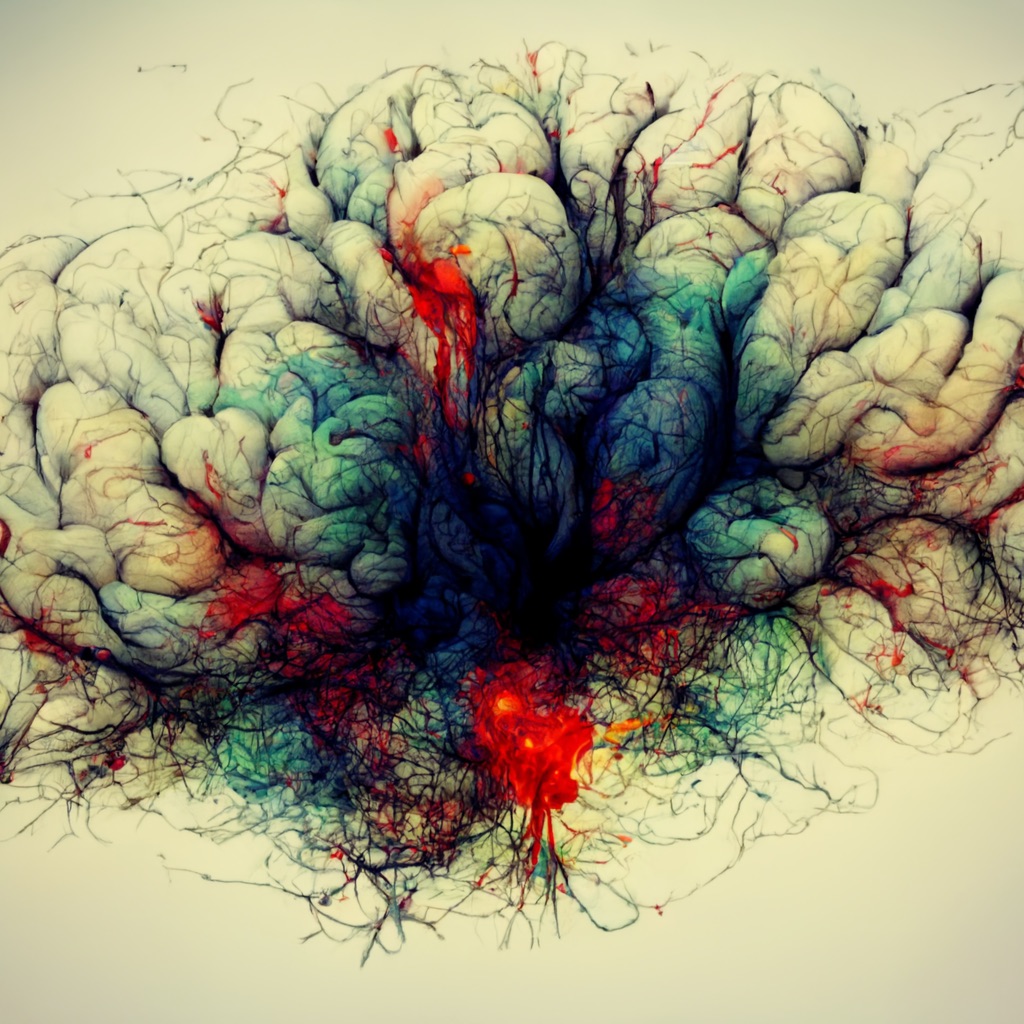
Csikszentmihalyi continues:
To avoid this condition, people are naturally eager to fill their minds with whatever information is readily available, as long as it distracts attention from turning inward and dwelling on negative feelings. This explains why such a huge proportion of time is invested in watching television, despite the fact that it is very rarely enjoyed. Compared to other sources of stimulation—like reading, talking to other people, or working on a hobby—TV can provide continuous and easily accessible information that will structure the viewer’s attention, at a very low cost in terms of the psychic energy that needs to be invested. While people watch television, they need not fear that their drifting minds will force them to face disturbing personal problems. It is understandable that, once one develops this strategy for overcoming psychic entropy, to give up the habit becomes almost impossible. (119-20)
In other words, television’s allure stems from our desire for mental focus and order—it aligns our psychic energy along a single trajectory (the show’s story) and removes our rabbit-hole thinking. The more a show pulls you in, the better. I could see the truth in this observation. For example, have you ever found yourself lingering in front of the television for an extended period of time, despite knowing you should shut it off? But you’re reluctant to shut off the TV because in its absence, you’ll have to think independently and make your own decisions.
If we haven’t trained our minds to retain focus, as soon as the TV is turned off, our psychic entropy expands in different directions as we shift from topic to topic in fickle, random ways.
I liked Csikszentmihalyi’s ideas around flow because they didn’t criminalize social media and scapegoat it as the cause of our fragmented attention. Csikszentmihalyi wrote the book prior to the Internet and social media. He didn’t point the finger at Facebook or the constant notifications on our smartphones as the culprit for our inability to focus (as Johann Hari did in Stolen Focus). Instead, he argued that our brain’s nature was to be scattered, fragmented, and chaotic—a state of entropy. That’s why we turned to distraction—to find some mental order.
Overcoming psychic entropy
Overcoming entropy is less about ditching your smartphone (which will just be replaced with an equivalent) and more about training your consciousness. Csikszentmihalyi explains:
The mark of a person who is in control of consciousness is the ability to focus attention at will, to be oblivious to distractions, to concentrate for as long as it takes to achieve a goal, and not longer. And the person who can do this usually enjoys the normal course of everyday life (31).
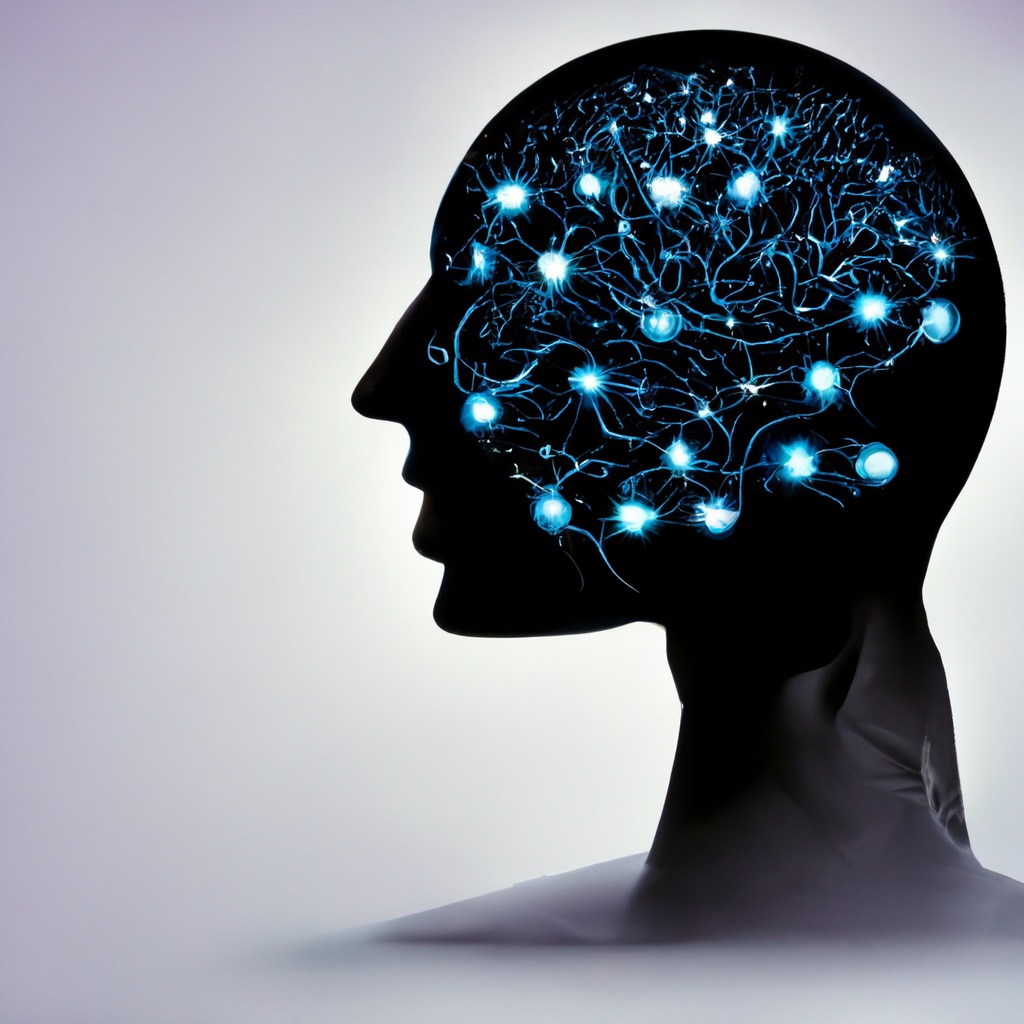
Learning to control your consciousness is a constant theme in Eastern religions (Csikszentmihalyi spends a few pages comparing yoga with flow). But the larger point is this: Just like yoga, learning to get into a state of flow takes training and practice. It’s unsurprising that my first attempts to sustain my focus for 90 minutes at a time resulted in feeling like I was beating my head against a wall. My experience is analogous to an impatient person trying to meditate—it’s difficult to stop your mind from chasing random thoughts. To focus on breathing in and out, and nothing else, requires tremendous discipline over conscious thought.
Psychic negentropy (“negative entropy”) is the polar opposite of entropy. It’s a state in which you’re focused and fully engrossed in an activity. This focus brings order and structure to your thoughts. Just as learning yoga and meditation, it takes mental training and discipline to become an avid practitioner.
Knowing that this state of flow isn’t a simple technique but rather one that requires practice, like learning to meditate, compete in a sport, or play a musical instrument, gives me more patience on my first strained attempts at 90-minute focus sessions. Csikszentmihalyi explains:
Like other complex forms of expertise, such as a mature political judgment or a refined aesthetic sense, it must be earned through trial-and-error experience by each individual, generation after generation. Control over consciousness is not simply a cognitive skill. At least as much as intelligence, it requires the commitment of emotions and will. It is not enough to know how to do it; one must do it, consistently, in the same way as athletes or musicians who must keep practicing what they know in theory. (21)
In fact, Csikszentmihalyi says if you develop a capacity to direct your own conscious thought in a focused way, you can more easily pull away from the need for external stimuli, such as television, to do that focusing for you. When you can define your own thought trajectories, you can find that same pleasure in directed thoughts that would otherwise come from external stimuli:
When a person has learned a symbolic system well enough to use it, she has established a portable, self-contained world within the mind…. Without the capacity to provide its own information, the mind drifts into randomness. It is within each person’s power to decide whether its order will be restored from the outside, in ways over which we have no control, or whether the order will be the result of an internal pattern that grows organically from our skills and knowledge. (127-28)
In a previous section in this series, “From smartphones to Netflix: moving past plateaus in growth,” I observed that after abandoning my smartphone, it didn’t take long before I moved on to Netflix instead. In order to understand why I needed distraction, I looked into the underlying cause. Csikszentmihalyi’s psychology of flow offers a theory as to why: my mind sought for “consciousness ordered” (127).
About Tom Johnson

I'm an API technical writer based in the Seattle area. On this blog, I write about topics related to technical writing and communication — such as software documentation, API documentation, AI, information architecture, content strategy, writing processes, plain language, tech comm careers, and more. Check out my API documentation course if you're looking for more info about documenting APIs. Or see my posts on AI and AI course section for more on the latest in AI and tech comm.
If you're a technical writer and want to keep on top of the latest trends in the tech comm, be sure to subscribe to email updates below. You can also learn more about me or contact me. Finally, note that the opinions I express on my blog are my own points of view, not that of my employer.

